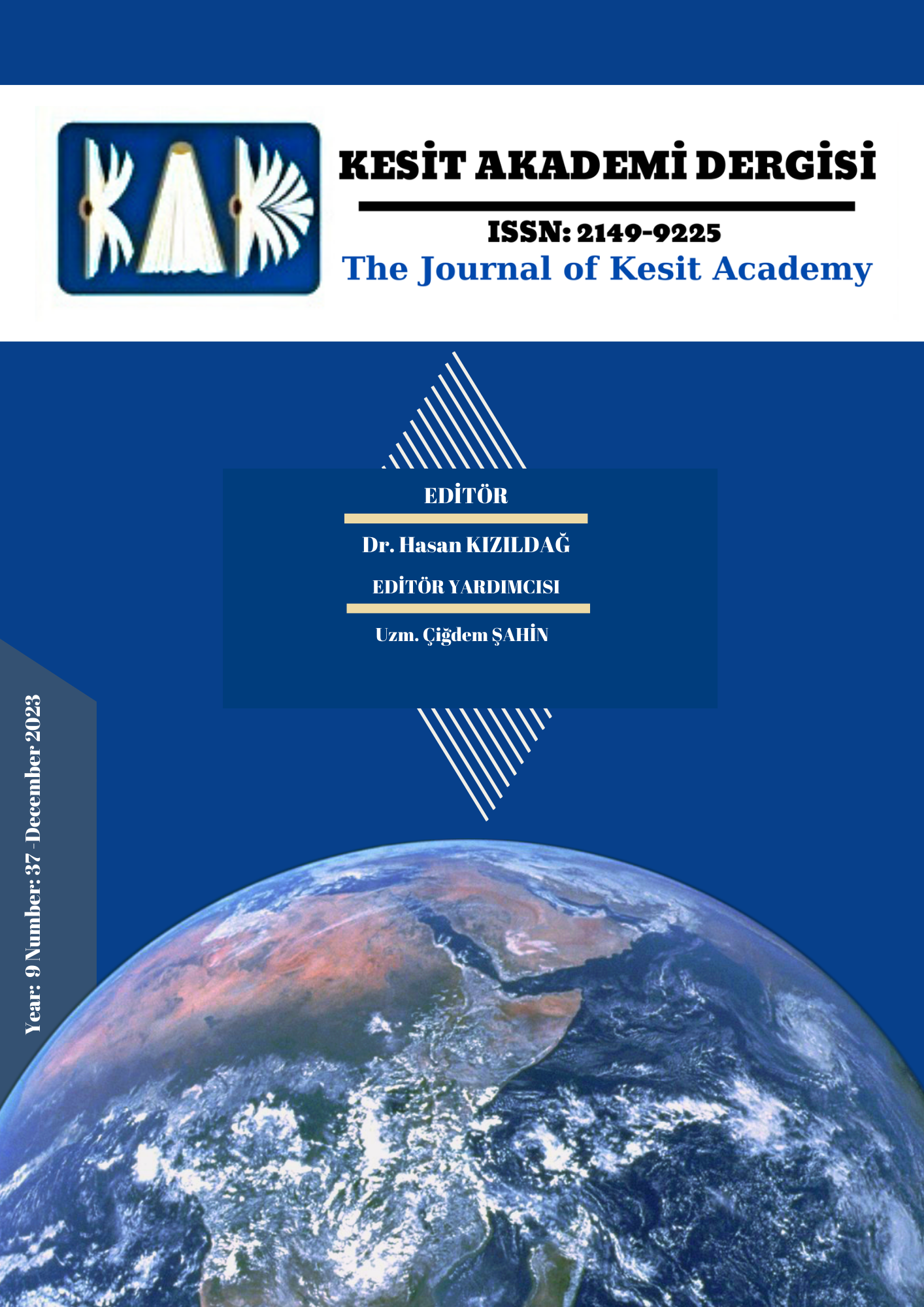Author :
Abstract
Siyasetnameler, siyasetle, devlet yönetimi ve ahlak kuralları ile ilgili eserlerdir. Bu eserler, hükümdarlar ve devlet yöneticilerine ithafen kaleme alınmıştır. Bunlar devlet yönetimini konu olarak ele alan, hükümdar vezir gibi devleti yönetenlerde bulunması gereken özellikleri belirterek, yönetimin şartları ve esaslarını ortaya koyarlar. Siyasetnameler, temel özellikleri bakımından ahlaki eserler içinde yer alır. Orta çağlarda toplum üzerinde dinin etkisi çok olduğu için siyasetnameler de dini esaslara dayanmakta idi. Dolayısı ile ahlak kuralları da Kur’an ve Hadislere dayanmakta idi. Kuran-ı Kerim ve Hadislerde geçmiş peygamberlerden ve milletlerden bahsedilerek bunlardan ders almamız istenmiştir. Siyasetnameler de aynı şekilde geçmiş peygamber, hükümdar ve önemli şahsiyetlerden bahsederek bizim ders almamızı istemektedir. Siyasetnameler de diğer tarih yazarları gibi, savaş sebebini kuvvetlendirmek, sebebi dini zemine oturtmak, savaşı meşrulaştırmak ve dini temele dayandırmak, askere cesaret vermek, savaşa teşvik etmek, anlattığı konuyu açıklamak, manayı desteklemek, bazen de konuyu zenginleştirmek amacıyla ayet ve hadisleri kullanmıştır. Yine siyasetnameler, savaşta düşmanın düştüğü durum, zafer ve yardımın Allah’tan geldiğine dair, savaşta ve sair zamanlarda istişarenin önemi gibi konulardan bahsederken ayetlerden faydalanmıştır. Ayetleri ve hadisleri kullanırken ayetin tamamını değil de, konuyla ilgili olana kısmını eserine almıştır. Siyasetnameleri incelerken, genel olarak konu başlıkları seçerek, bu konularda siyasetnamelerin ayetleri nasıl kullandığını açıklamaya çalıştık.
Keywords
Abstract
Siyasetnames are works related to politics, state administration and moral rules. These works were written for the rulers and state administrators. These deal with state administration as a subject and reveal the conditions and principles of administration by specifying the characteristics that should be present in those who govern the state, such as the ruler and the vizier. Siyasetnames are among the moral works in terms of their basic features. Since religion had a great influence on society in the Middle Ages, political books were also based on religious principles. Therefore, moral rules were based on the Quran and Hadiths. In the Holy Quran and Hadith, past prophets and nations are mentioned and we are asked to learn from them. Politics books also want us to learn lessons by talking about past prophets, rulers and important figures. Siyasetnames, like other history writers, used verses and hadiths to strengthen the reason for the war, to base the reason on religion, to legitimize the war and base it on religion, to encourage the soldiers, to encourage the war, to explain the subject they are talking about, to support the meaning, and sometimes to enrich the subject. Again, the political books used verses when talking about the situation of the enemy in the war, the fact that victory and help come from God, and the importance of consultation in war and other times. While using verses and hadiths, he included the relevant part of the verse in his work, rather than the whole verse. While examining the Siyasetnames, we tried to explain how the Siyasetnames use the verses on these topics by choosing general topics.





